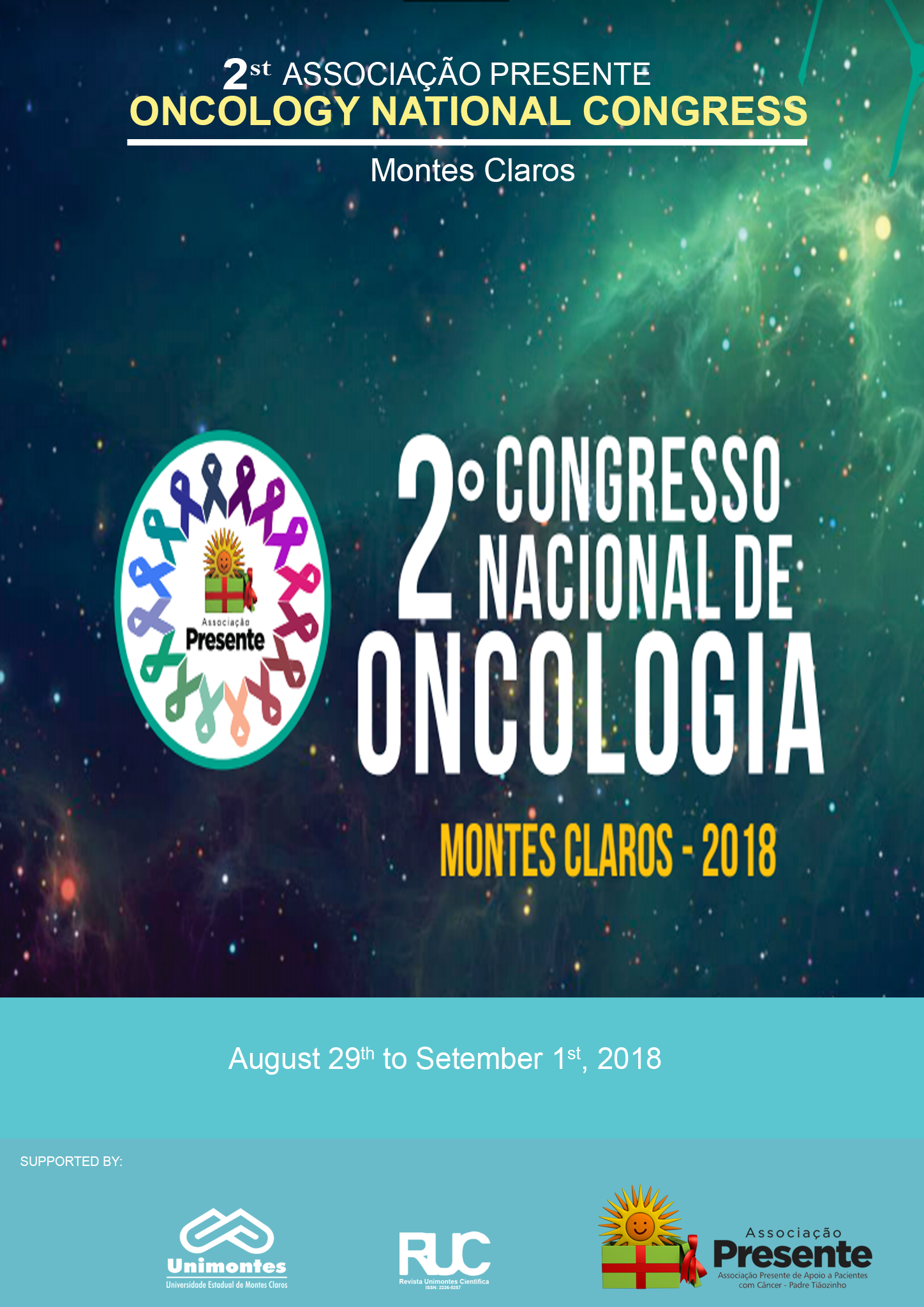Benefits of playful therapy in child cancer treatment- the review
Palavras-chave:
Therapeutics; Playful Therapy; Neoplasms; Child; Terapêutica; Ludoterapia; Neoplasias; Criança.Resumo
BENEFITS OF PLAYFUL THERAPY IN CHILD CANCER TREATMENT-THE REVIEW
Benefícios da terapia lúdica no tratamento do câncer infantial - uma revisão
Abstract: Playful therapy is a practice that is not widespread in several countries, which reminds us of the need to expose these strategies and their results as means of encouraging their establishment in the units and centers for the care of children with cancer. The aim of this study is to identify the benefits of using playful therapy as a form of adjunctive treatment for childhood cancer. A bibliographic review was carried out using the databases BIREME, LILACS, SciELO, PubMed and VHL, in publications between 2007 and 2018, as well as literary works that refer to this theme, published between 1975 and 2017, written or translated into Portuguese and English. The literature review allowed the understanding that playing is a primordial process in child development. The act of playing is a human need that helps the creation of concepts, assimilation of social roles, understanding of affective relationships, among others. Through playing, the child can expose her feelings, preferences, fears and habits, developing unknown or unpleasant experiences, which allows the generation of experiences. Thus, this study allowed the understanding of the benefits related to the use of playful therapy in the treatment of childhood cancer: greater adherence to treatment by children, establishment of better conditions in the hospital environment, increased affective activity and strengthening of child interaction with the health professional.
Abstract: Playful therapy is a practice that is not widespread in several countries, which reminds us of the need to expose these strategies and their results as means of encouraging their establishment in the units and centers for the care of children with cancer. The aim of this study is to identify the benefits of using playful therapy as a form of adjunctive treatment for childhood cancer. A bibliographic review was carried out using the databases BIREME, LILACS, SciELO, PubMed and VHL, in publications between 2007 and 2018, as well as literary works that refer to this theme, published between 1975 and 2017, written or translated into Portuguese and English. The literature review allowed the understanding that playing is a primordial process in child development. The act of playing is a human need that helps the creation of concepts, assimilation of social roles, understanding of affective relationships, among others. Through playing, the child can expose her feelings, preferences, fears and habits, developing unknown or unpleasant experiences, which allows the generation of experiences. Thus, this study allowed the understanding of the benefits related to the use of playful therapy in the treatment of childhood cancer: greater adherence to treatment by children, establishment of better conditions in the hospital environment, increased affective activity and strengthening of child interaction with the health professional.












